16. Role of Human Resources
Quick Read
A company’s culture of integrity and the quality of its anti-bribery risk management are only as good as its employees who, in turn, need to be motivated to uphold the company’s values and trained to recognise and appropriately respond to bribery risks. The human resources function has a critical role to play here, and can work with other functions to design and implement key elements of the anti-bribery programme such as communications, training, and advice and speak up channels. A company's HR team also has a key role to play in recruiting the right people and ensuring that only those who demonstrate the right behaviours and values are promoted.
Key elements of best practice
- Recruitment: Recruit and appoint the right people. Build ethics and integrity factors into the recruitment process including enhancing due diligence and discussion on ethical decision-making and judgment. Make sure new recruits are fully trained in the anti-bribery programme.
- Anti-bribery programme design: Human resources should advise on the design and implementation of policies and procedures to ensure that they align to personnel practices, are workable and appropriate across the company’s operations.
- Incentivise, appraise and recognise: Design remuneration and incentives so that they do not lead to misaligned compensation. Demonstrate to employees through appraisal that they will be rewarded for positive support of the anti-bribery programme e.g. recommendations for improving checks and controls, promotion of the anti-bribery commitment in external activities and communications. This moves the employee focus from compliance with the programme to the active implementation and improvement of the programme.
- Discipline: Apply sanctions fairly, consistently and, where appropriate, openly for violations of the anti-bribery programme.

